Golf Course Conservation
Urban areas are increasingly becoming important as we look to conserve and restore wildlife and ecosystems. Our newest partner in better understanding the biodiversity in Denver and surrounding areas is the Colorado Golf Association (CGA). The CGA owns CommonGround Golf Course, which is located on the former Lowry Air Force Base. The property encompasses 337 acres, including 100 acres of wetland open space, 71 acres of native grass areas within the golf course and 115 acres of golf course turfgrass.
While not the most obvious of bedfellows, I am very excited about the opportunities presented by this partnership. After walking the property for the first time and getting a sense of what CGA staff envisioned, I immediately knew we should say yes to working with them. While the golf course is already home to deer, coyotes, hawks and other wildlife, we hope to increase native plant diversity in these areas and make them better wildlife habitat, especially for pollinators.
This summer we conducted a floristic inventory of the golf course to understand what plants. We also estimated percent cover of the dominant species in the rough areas. We collected 160 vouchers to create a permanent record of each species identified. We will use this information to prioritize areas for restoration recommendations.
In addition to collecting this needed information, we used this as an opportunity to train the next generation of conservationists. We were fortunate to hire two seasonals to conduct the field work, one a recent college graduate and one a recent high school graduate. We also partnered to host two high school interns through the Girls, Inc. Eureka! Program. These four women did amazing work this summer and we hope this is the start of great things to come in their science careers.
As the CGA works on redevelopment and improvements of the golf course, there is the opportunity to introduce visitors to native and water-smart urban landscaping, opportunities to welcome more people from the community onto the golf course and use the improved pollinator habitat to conduct community science. Ripe for exploration is also the large wetlands open space on the property, which is critical for wildlife and water conservation efforts. I look forward to continuing this partnership with the CGA and seeing how we can use this as a model for multi-purpose conservation sites in urban areas.
Gallery
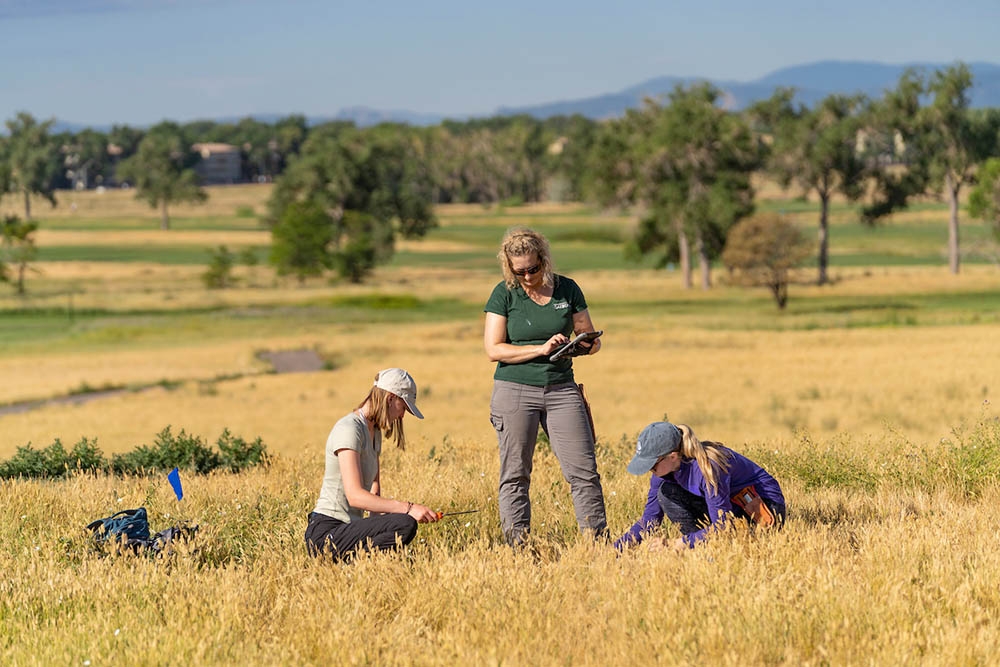
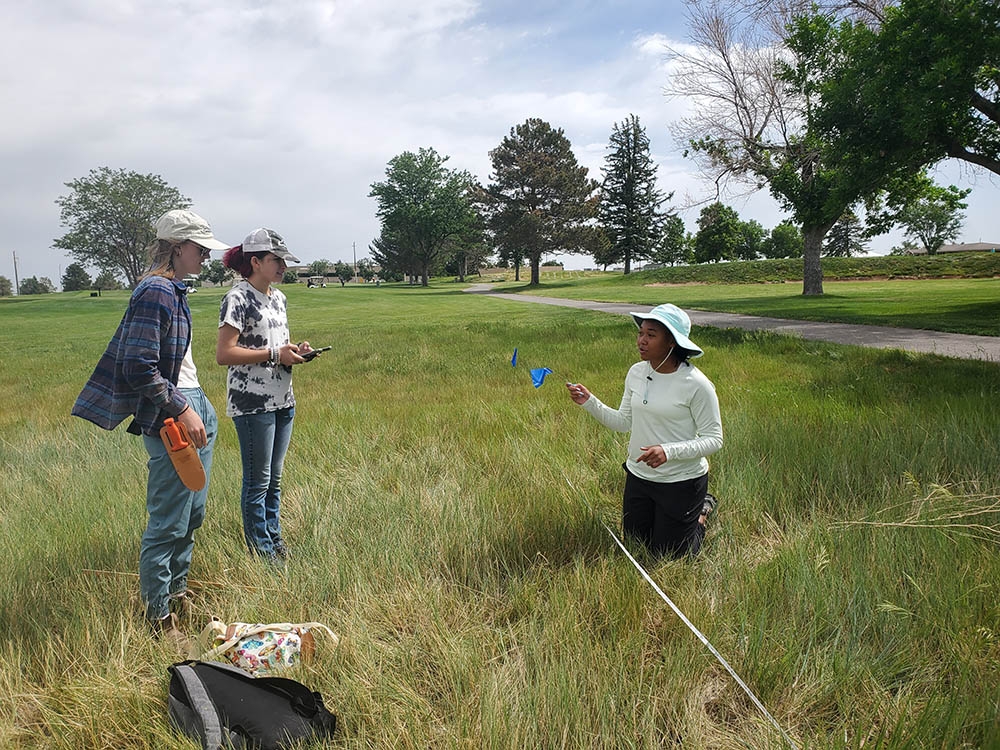
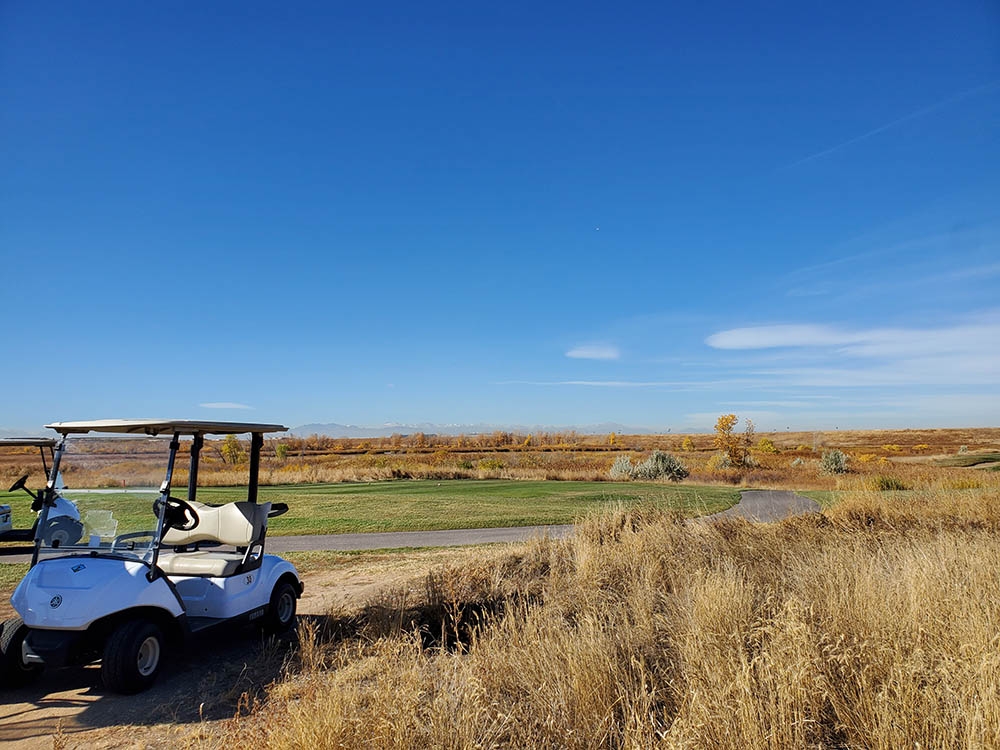
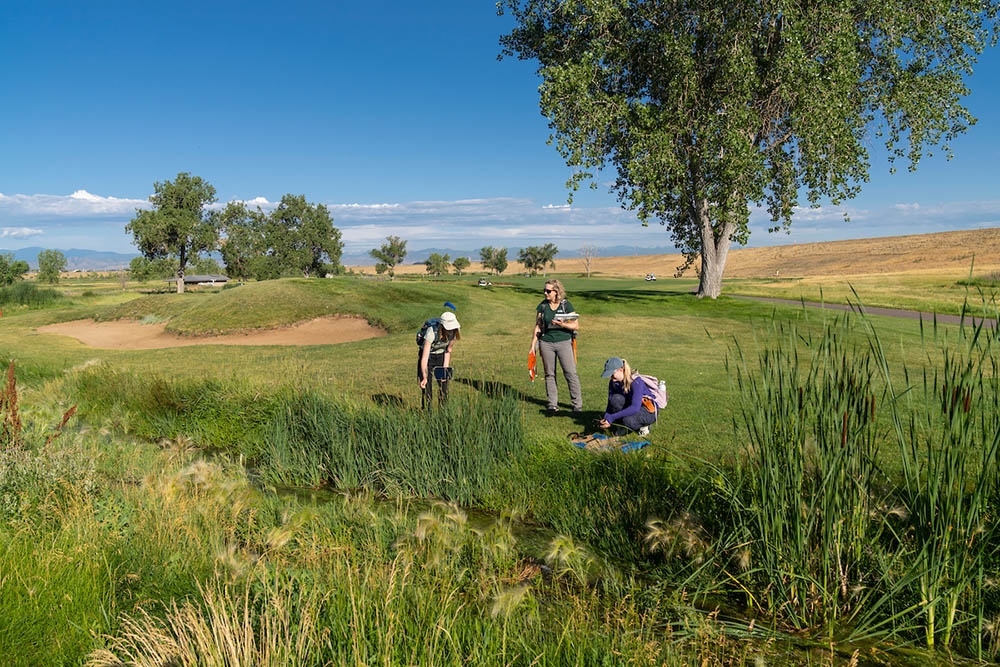
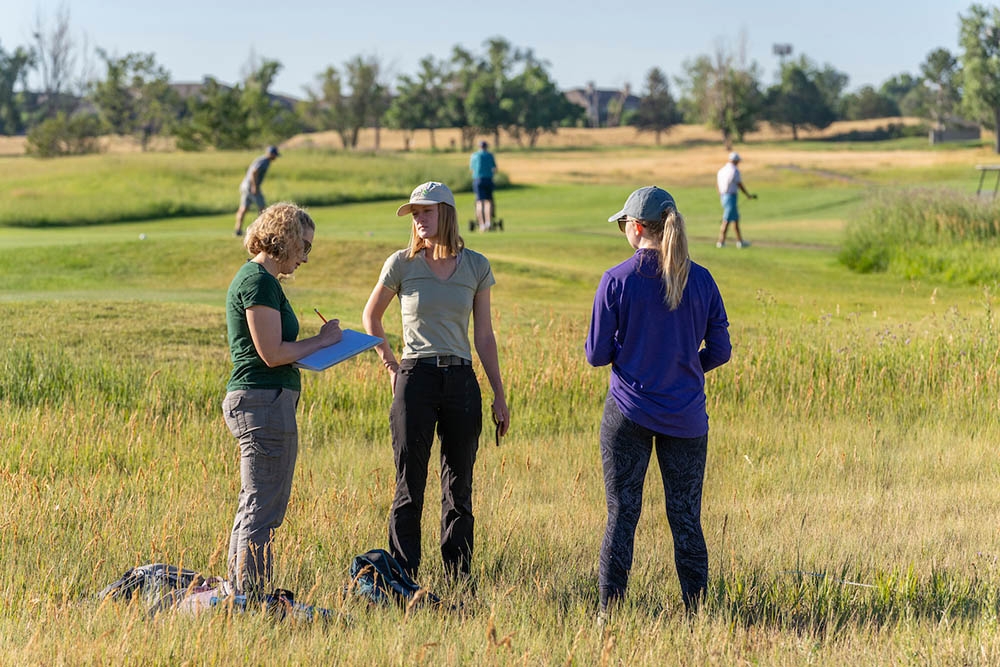
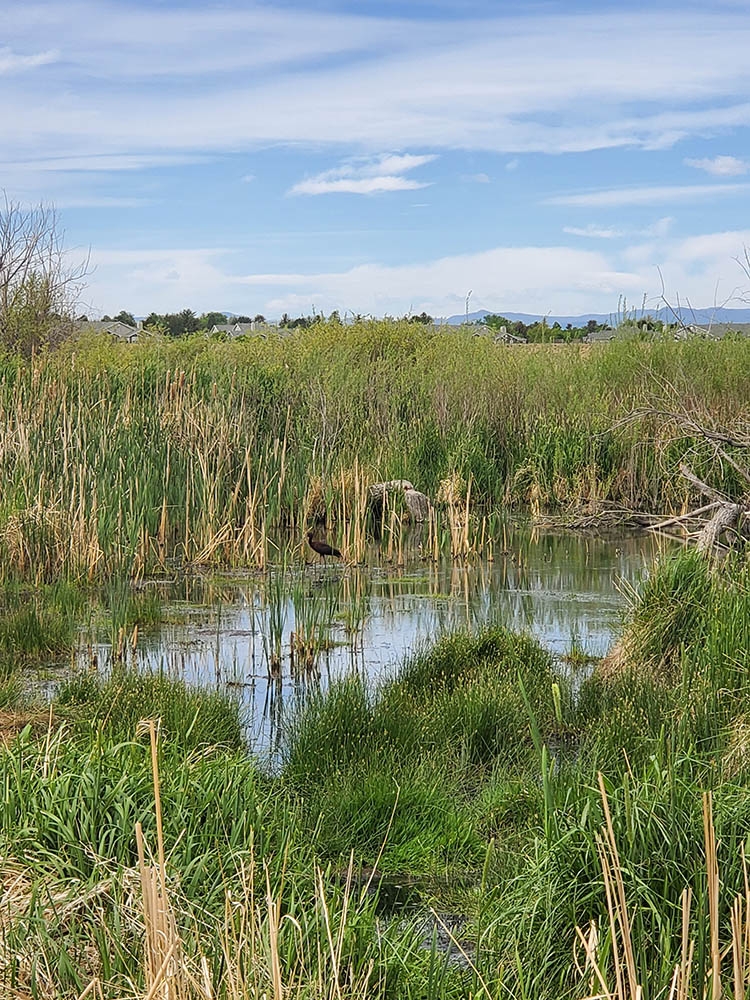
Add new comment